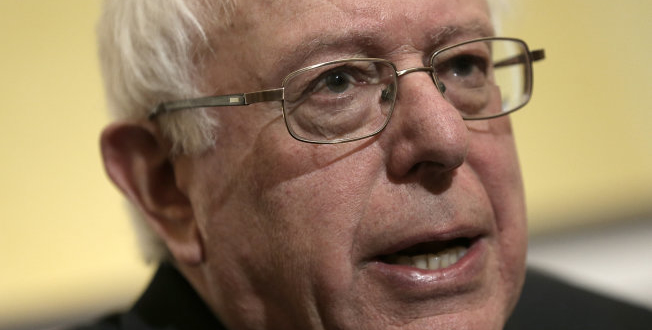FRANKFURT, Germany (AP) — European Central Bank head Mario Draghi faces a blizzard of questions about Greece at his news conference Thursday.
His appearance follows a meeting at which, analysts say, the bank may hold off on restoring emergency credit to Greek banks despite the dire situation there.
Greece desperately needs the ECB to start letting Greek banks tap emergency central bank credit. They have been closed since June 29, more than two weeks ago, since the ECB’s governing council halted the credit flow due to concerns Greece’s banks would go broke and not pay the money back.
To start the money flowing again and get the banks open, the ECB would need a clear sign that the country has a chance at a rescue package that would keep it government and banks solvent. Greece and other eurozone countries have agreed to hold talks on what would be a bailout worth 82 billion-86 billion euros ($83 billion-$87 billion).
When that line is actually crossed, however, is very much a judgment call.
Analysts say the bank can act now that Greece’s parliament has approved new cutbacks demanded as a condition for starting talks. Or, it could wait until Germany’s parliament and others approve the start of talks.
Greece’s parliament voted 229-64 early Thursday to implement more austerity measures that include pension cuts and sweeping sales tax hikes. But the large majority was provided by pro-European opposition parties and in spite of deepening dissent within Prime Minister Alexis Tsipras’ left-wing Syriza party.
In any case, the issue is pressing. Greece’s banks have been closed for more than two weeks to prevent them from collapsing as fearful depositors withdraw their savings en masse. ATM withdrawals have been limited to 60 euros per person per day. Normal commerce is impossible as suppliers demand businesses pay cash they don’t have.
Every day of delay makes Greece’s recession worse, costs the government lost tax revenue, and increases the amount of money needed to rescue the government from bankruptcy.
The other big Greek issue at the meeting will likely be Draghi re-stating that the bank is willing to use all the stimulus measures at its disposal to prevent turmoil from Greece spreading to government bond markets or the economies of other countries. Greece is less than two percent of the economy of the 19 countries that share the euro, but earlier phases of the six-year-old Greek crisis created financial pressure for other indebted countries who found their market borrowing costs rising.
“We expect Draghi to state this commitment very clearly,” wrote Marco Valli, chief eurozone economist at UniCredit Research, in an email to investors.
One reason markets have been relatively calm is the ECB’s 1.1 trillion euro ($1.2 trillion) monetary stimulus. The ECB has been buying 60 billion euros a month in government and corporate bonds, a measure known as quantitative easing, or QE. The effect is to push newly created money into the financial system. That steadies bond markets — since market participants know there is a buyer with unlimited purchasing power — and is also intended to raise inflation that is considered too low at 0.2 percent annually.
Ben May, lead eurozone economist at Oxford Economics, said the news conference “will provide Mario Draghi with the perfect opportunity to once again talk up the ongoing success of its QE program, while signaling that more can be done if conditions warrant.”
The bank won’t cut interest rates. It has already said its benchmark rate, now at a record low 0.05 percent, is as low as it can go.






